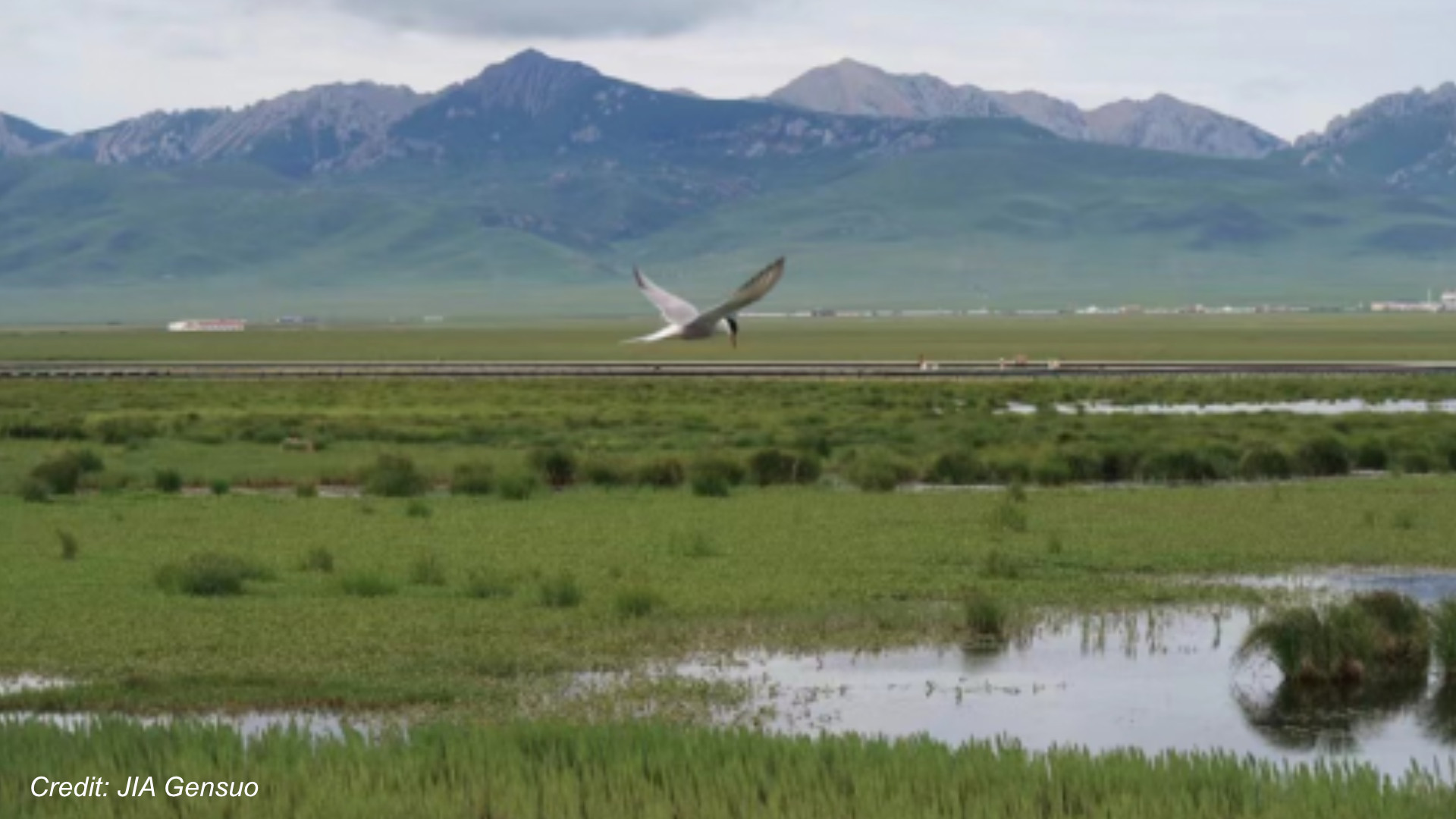Global warming undermines greenhouse gas sink function of pristine wetlands

Wetlands are areas where water covers soil of land wither all year or varying periods of time during the year, which supports both aquatics and terrestrial species. Wetlands are important because they protect and improve water quality, provides safe habitats and stores floodwaters, which is why it is so essential to protect them. They occupy about 6% of the Earth’s surface and store one third of the global soil organic carbon.
A new study led by researchers from the Institute of Atmospheric Physics of the Chinese Academy of Sciences, shows that pristine wetlands are currently a greenhouse gas sink. The greenhouse gas sink will be reduced by more than half (about -57%) in response to an average temperature increase of 1.5–2 °C. "In other words, warming undermines the mitigation potential of pristine wetlands despite achieving the Paris Agreement's goal of limiting the increase of global mean temperature between 1.5 and 2 °C above pre-industrial level," said BAO Tao, first author of the study.
The study compiled data from 167 independent wetland sites and measured carbon dioxide, methane, and nitrous oxide responses to experimental warming. They found that the difference in dominant plant functional types could explain the changes in greenhouse gas exchange in different warming experiments. After warming, the sink of carbon dioxide increased in wetlands where vascular plants such as shrubs and graminoids dominated. While in wetlands where cryptogams such as mosses and lichens dominated, sources of carbon dioxide increased. So, warming promotes net methane emissions from wetlands regardless of the dominant plant functional type.
To learn more about this research and their results please read the Chinese Academy of Sciences’ article on News Wise Global warming undermines greenhouse gas sink function of pristine wetlands (newswise.com)